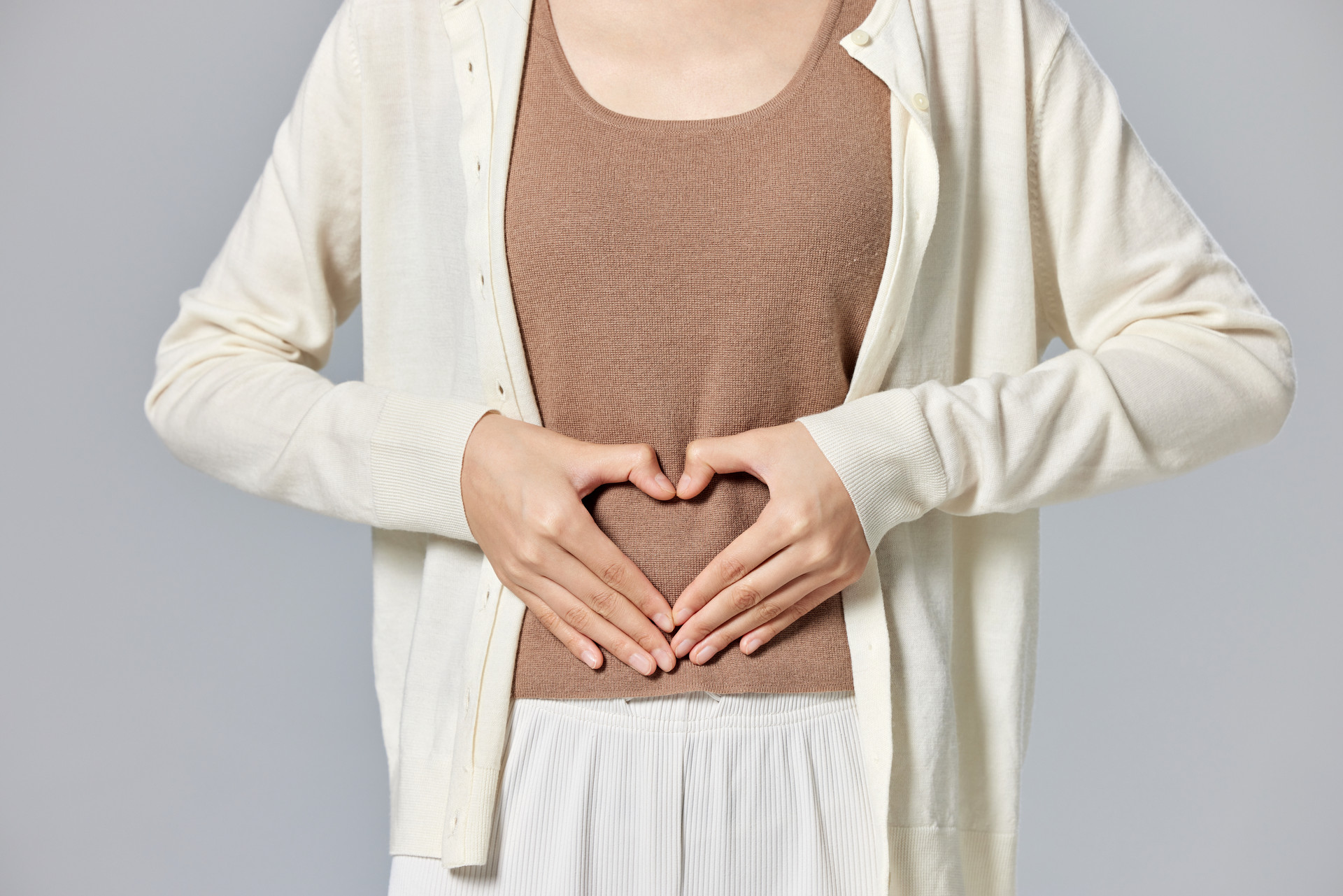Menstruation is a unique physiological phenomenon in females. Many women experience discomforting symptoms a few days before their period, such as depression, anxiety, mood swings, insomnia, irritability, restlessness, and fatigue. It is generally believed that these symptoms are related to an imbalance in the ratio of estrogen and progesterone in the body. A proper diet during the menstrual period can not only replenish the losses caused by menstrual blood, but also regulate emotions and relieve menstrual pain.
Recommended foods high in iron
Iron is not only involved in the synthesis of hemoglobin and many important enzymes, but also plays an important role in immunity, intelligence, aging, and energy metabolism. During the menstrual period, there is a significant loss of iron, so it is important to consume foods rich in iron. Fish, lean meat, animal liver, and animal blood are rich in iron and have high bioavailability, making them easily absorbed and utilized by the body. On the other hand, soybeans and spinach contain plant iron with lower absorption rates. Therefore, it is important to have a balanced diet during the menstrual period, with an appropriate intake of animal products to meet the special iron needs during this time.
Recommended intake of protein and minerals
Due to menstrual blood loss, especially for those with heavy periods, the main components of blood plasma such as blood proteins, potassium, calcium, and magnesium are lost with each menstrual cycle. Therefore, it is important to consume foods rich in protein and minerals during the 1-5 days after menstruation. Choose foods that not only have beauty benefits but also help replenish blood, such as milk, eggs, pigeon eggs, quail eggs, beef, lamb, pig trotters, coix seed, spinach, longan, carrots, apples, lychee, and cherries. Studies have found that some migraine sufferers have extremely low magnesium levels in their blood, and by paying attention to the intake of magnesium-rich foods such as millet, buckwheat, legumes, bananas, nuts, and seafood, migraine attacks can be reduced.
Recommended drink: warm milk with honey
Symptoms such as lower abdominal pain, lower back pain, fatigue, restless sleep, and irritability are common discomforts experienced by women during their period. Research has found that drinking a cup of warm milk with honey before bedtime during menstruation can alleviate or eliminate various discomforts. The potassium in milk can soothe emotions and has the effect of reducing abdominal pain, preventing infections, and reducing menstrual flow; the magnesium in honey can calm the central nervous system, helping to eliminate tension and reduce psychological stress during menstruation.
Avoid consuming raw and cold foods
According to traditional Chinese medicine, blood flows when it is warm and becomes stagnant when it is cold. Consuming raw and cold foods during the menstrual period can not only harm the spleen and stomach, but also cause internal cold and stagnation, leading to poor circulation of menstrual blood, resulting in insufficient menstrual flow and even menstrual pain. Even in hot summer weather, it is not advisable to consume cold drinks during menstruation. Instead, the diet during the menstrual period should be warm and hot, with less consumption of cooling and laxative foods such as pears, water chestnuts, water caltrops, winter melon, Chinese kale, coix seed, and hemp seed.
Avoid consuming spicy and acidic foods
Women during menstruation often feel particularly fatigued, with weakened digestive function and poor appetite. Therefore, it is important to consume light and easily digestible foods, and avoid eating overly acidic and highly stimulating foods such as pickled vegetables, vinegar, chili, mustard, and pepper.
Avoid excessive consumption of sugar
In the past, many people believed that eating sweets could improve discomfort during menstruation, so brown sugar, sweet biscuits, or chocolates have become almost like "medicine" for women during their periods. However, it is now recognized that consuming high-sugar sweets can cause a rapid increase in blood sugar, which does have a stabilizing effect on emotions. However, once blood sugar drops, it can lead to even greater emotional fluctuations. According to a report from a British magazine, deliberately eating sweets during menstruation not only fails to improve discomfort symptoms, but may also affect hormone secretion due to unstable blood sugar, exacerbating the feeling of discomfort.
Avoid consuming excessively salty foods
If women consume excessive amounts of salty food before their period, it can lead to an increase in salt and water retention in the body. Combined with the increase in progesterone levels before menstruation, it is also more likely to cause symptoms such as water retention and headaches. Starting 10 days before menstruation, it is advisable to consume low-salt foods to avoid these symptoms.
Avoid drinking carbonated beverages
Many women who enjoy drinking carbonated beverages may experience fatigue, weakness, and lack of energy during their period. This is a sign of iron deficiency. Carbonated drinks often contain phosphates, which react chemically with iron in the body, making it difficult for the body to absorb iron. In addition, excessive consumption of carbonated drinks can neutralize stomach acid and reduce digestive capacity and bactericidal effects, as well as affect appetite.






